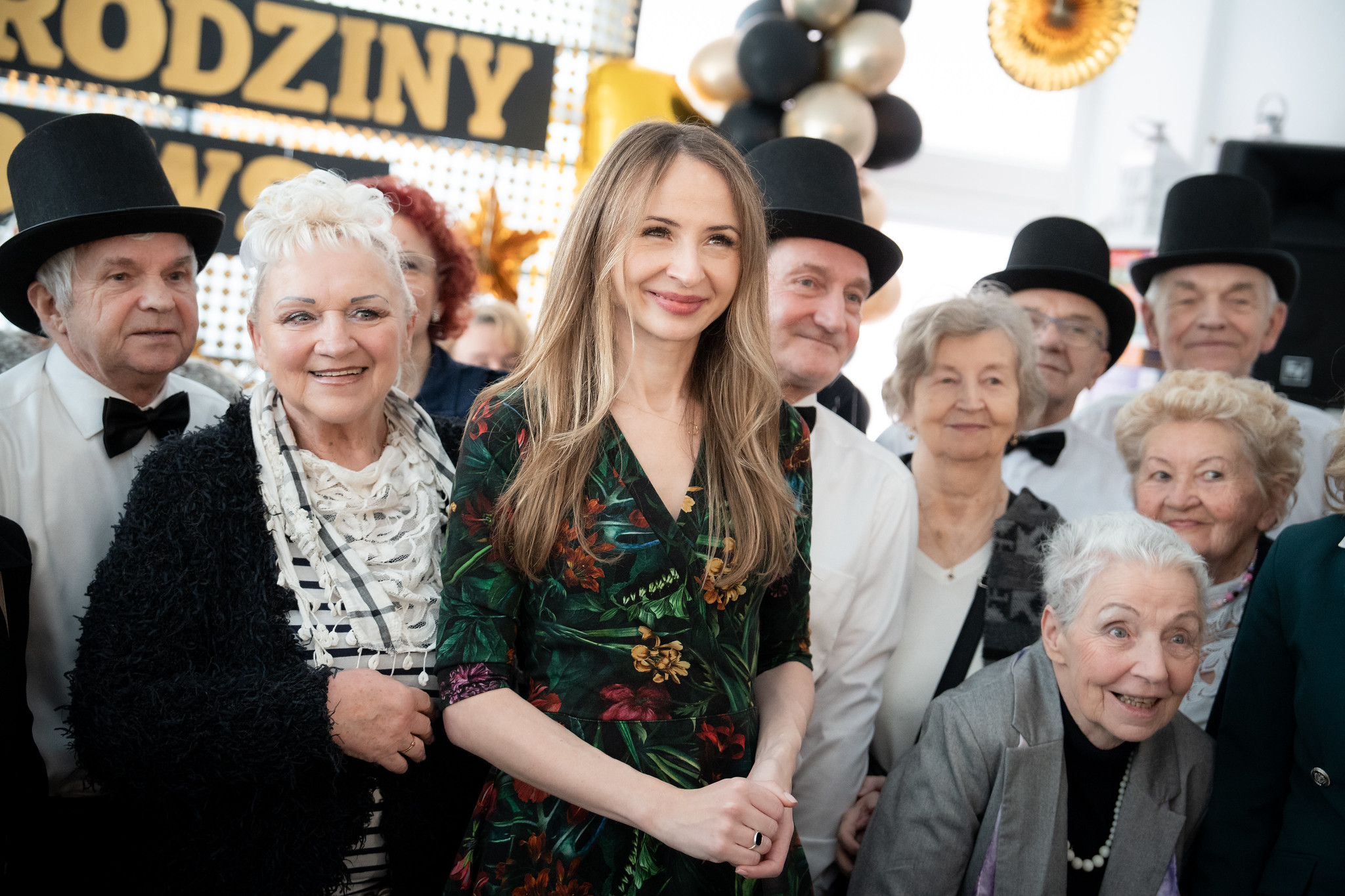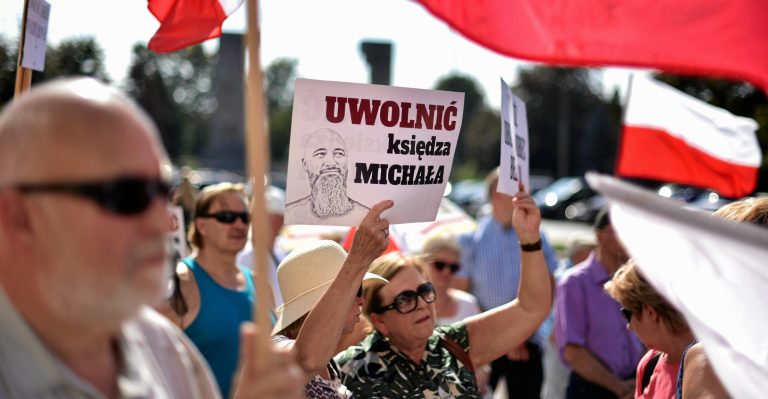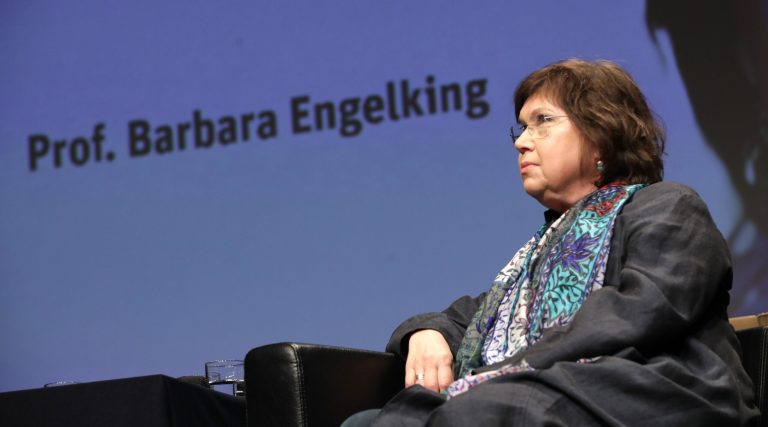Polish parliament approves introduction of “widow’s pension”

Poland’s parliament has voted overwhelmingly in favour of introducing a so-called “widow’s pension” that would allow widows and widowers to collect not only their own pension but also part of their late spouse’s. The aim is to tackle pension poverty, which affects women in particular.
Introducing the new system was a flagship election promise of The Left (Lewica), which is a junior partner in the ruling coalition that came to power last year. But the bill was supported by almost every MP in parliament, with only the far-right Confederation (Konfederacja) not in favour.
📣 Mamy to – Sejm zagłosował ZA Rentą Wdowią!
Lewica dowozi największy projekt socjalny rządu tej kadencji, który zapewni stabilność finansową tysiącom wdów i wdowców.
Działamy – dla Was! ❤️ pic.twitter.com/t7Hnp5NbUQ
— Lewica (@__Lewica) July 26, 2024
The vote in the Sejm, the more powerful lower house of parliament, was welcomed by The Left’s Agnieszka Dziemianowicz-Bąk, who is minister for family, work and social policy.
“A touching moment – not only for the more than 200,000 citizens who [signed a petition] supporting this bill, but above all for the millions of senior citizens, for our grandmothers, grandfathers, mothers, fathers, for widows and widowers,” she wrote on X.
According to the bill, widows and widowers will no longer have, as they do now, to choose between their own pension or 85% of their late spouse’s pension.
Instead, from 1 July 2025, they would be entitled to 100% of one pension and 15% of the other. From 1 January 2027, they would be able to collect 25% of the second pension, then in 2028 the government would assess the state budget and decide whether that can be increased to 50%.
Sorry to interrupt your reading. The article continues below.
Notes from Poland is run by a small editorial team and published by an independent, non-profit foundation that is funded through donations from our readers. We cannot do what we do without your support.
The senior will be able to choose which pension he or she will want to draw in its entirety. Pension institutions will be obliged to provide calculations showing which variant is the most financially beneficial.
However, the maximum that a person can receive under the new system would be three times the minimum pension level, which is currently 1,780.96 zloty (€415.60) per month.
The Rzeczpospolita newspaper notes that pension poverty disproportionately affects women, who have lower pensions that men. The average woman’s pension is 2,800 zloty per month gross, while for men the figure is 4,100 zloty.
Renta wdowia.Zamiast 50% tylko 15% emerytury małżonka otrzyma wdowa lub wdowiec i tylko, kiedy mąż/żona nie umarł za wcześnie (5 lat). Świadczenie będzie wypłacane dopiero od VII 2025.Obietnice wyborcze albo nie są realizowane wcale,albo mocno okrojone.https://t.co/b6GH4oBaNa
— Maria Koc (@MariaKoc1) July 29, 2024
Out of the 439 MPs who voted, 425 were in favour. Only two votes were opposed, both coming from Confederation, while a further 10 of the far-right party’s MPs abstained and four voted in favour.
The bill now passes to the Senate, which can delay but not block it, and then on to President Andrzej Duda, who can sign or veto it.
However, Maria Koc, a PiS senator, noted that the level of support for widows and widowers had been watered down from early proposals, saying that this was typical of the government’s electoral promises, which “are either not implemented at all or are significantly reduced”.
Meanwhile, Tomasz Sawczuk of liberal news weekly Kultura Liberalna described the widow’s pension as “another way of privileging the older generation” and asked “why are young people not protesting?”
Renta wdowia to próba odbicia emerytów PiS-owi. Ale to również kolejna forma uprzywilejowania starszego pokolenia. Dlaczego młodzi nie protestują? https://t.co/7wWwqgcGud
— Tomasz Sawczuk (@tomasz_sawczuk) July 29, 2024
Main image credit: Mateusz Włodarczyk/MRPiPS (under CC BY-NC-ND 2.0)

Agata Pyka is an assistant editor at Notes from Poland. She is a journalist and a political communication student at the University of Amsterdam. She specialises in Polish and European politics as well as investigative journalism and has previously written for Euractiv and The European Correspondent.






